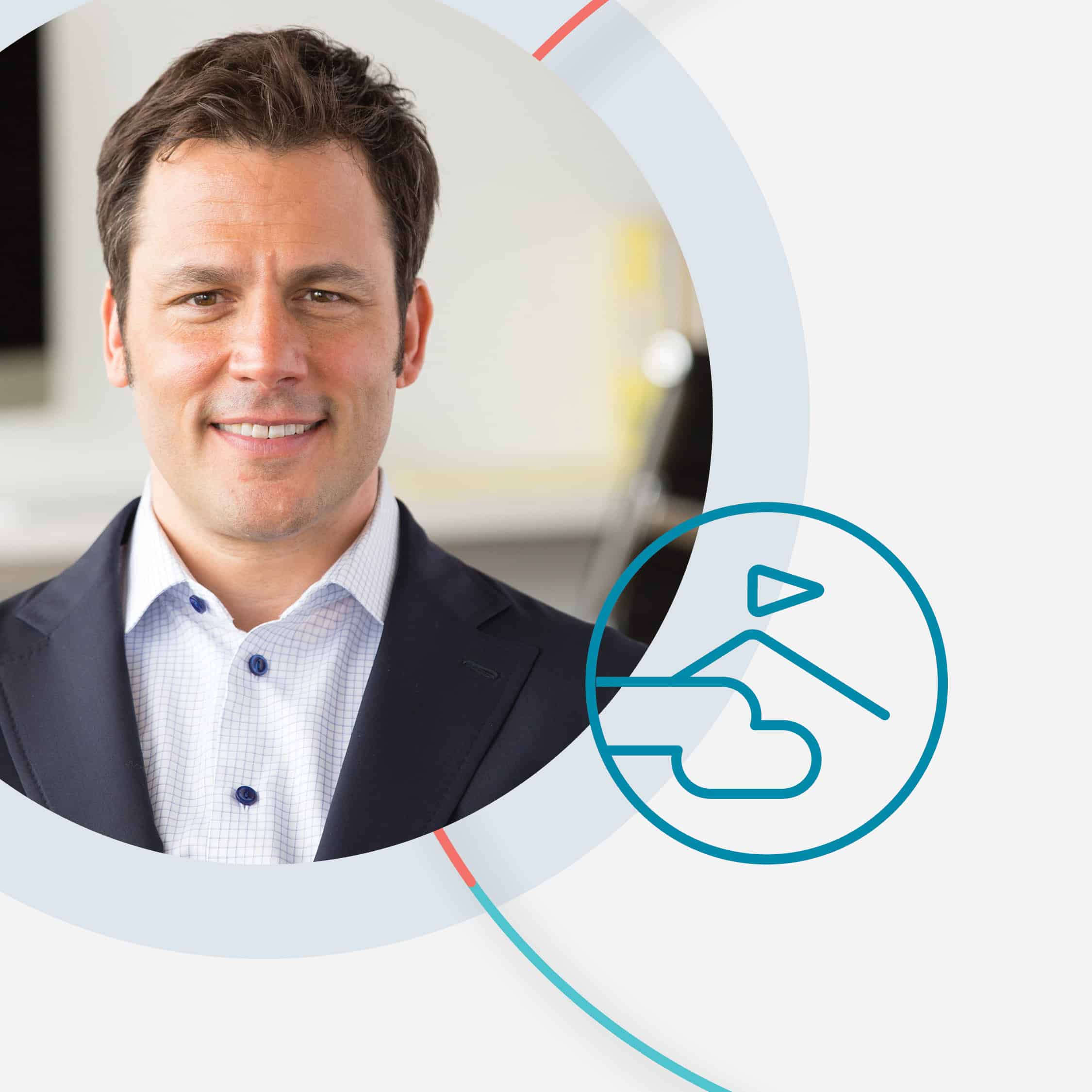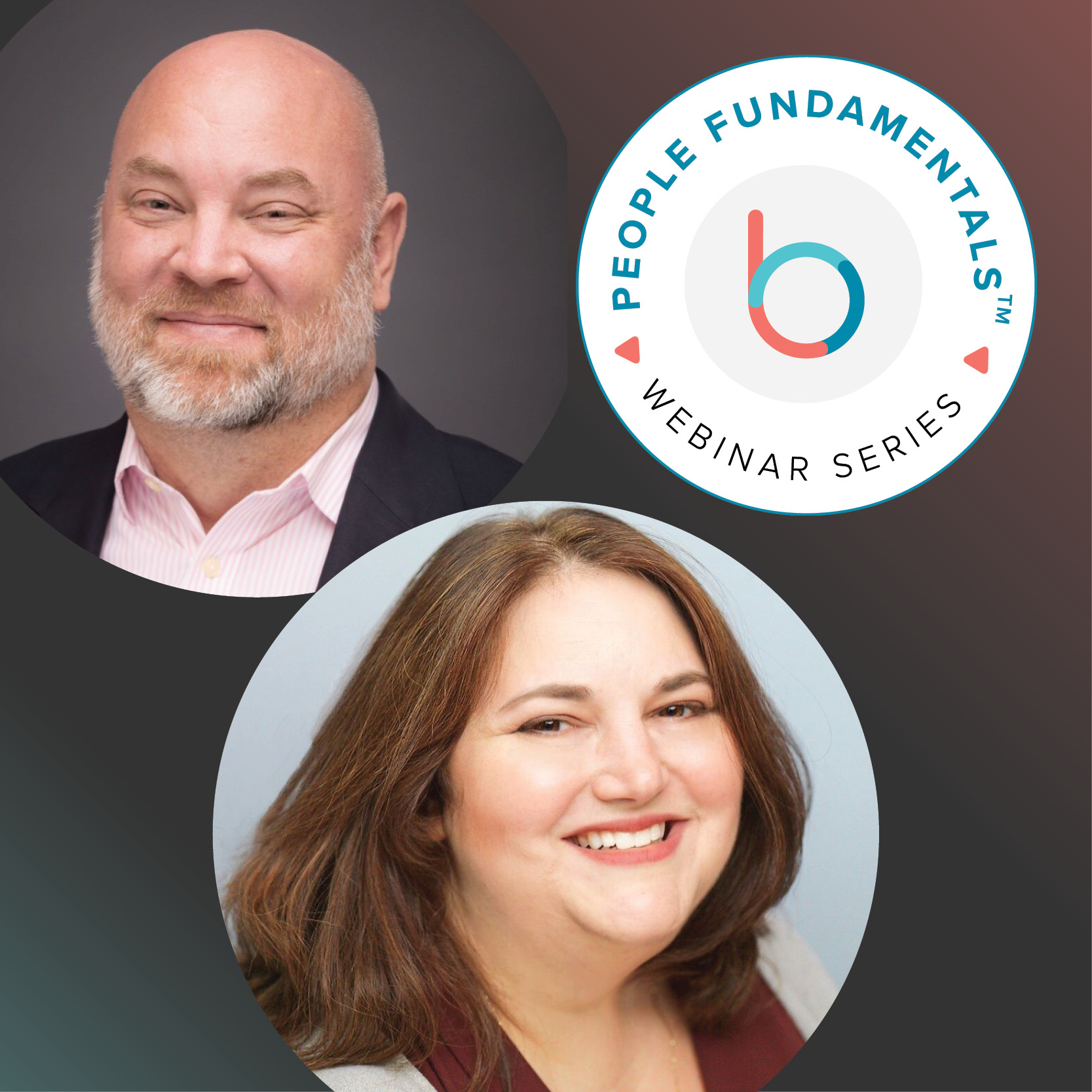Modern leaders are under greater pressure than ever before to make the work experience more satisfying and engaging. By meeting those needs and making your people your priority, you can transform your entire organization, according to Ryan Estis.
And he would know: Ryan has more than two decades of experience guiding organizations through transformational change, first as a top-performing sales professional and now as an adviser to some of the world’s highest-performing teams. “This is very much a leadership and communication issue,” he says. “Leaders are the driving force in making work better.”
“A human-centered organization is one that exists to fulfill a purpose for all of its stakeholders: customers, community, employees,” Ryan says. “It builds resilience and de-risks innovation through constant iteration, improvement, and learning. It cares as much — if not more — about the experience of a diverse, empowered workforce as it does its customers.”
Ryan will be exploring that topic as the keynote speaker at our Make Work Better Summit on Nov. 16, 2022, and ahead of that event, we asked him to share his advice for making work better for everyone.
Reinventing leadership for a new world of work
People have always quit their jobs for a variety of reasons, but the Great Resignation represented a collective expression of the need for change. And it’s not just about wanting higher comp and better titles. Many people are departing because they don’t feel like they belong. They’re leaving for human-centered reasons.
“I think the Great Resignation is a cry for better leadership,” Ryan says. “We’re entering a time where people, generally speaking, have an evolving set of expectations of their leader.”
According to Betterworks’ 2022 State of Performance Enablement report, 72% of respondents aren’t just leaving jobs — they’re running away from them, rather than toward new opportunities. As an HR leader, your job is to understand what they are running away from and how you can address those challenges.
“Those are very leadership-oriented opportunities,” Ryan says. “To create a culture of connection, safety, trust, belonging — that’s purpose-driven, value-led, where people are connected to something larger than themselves.”
Embracing HR’s role as a change agent
Businesses are evolving in reaction to the pandemic, economic instability, and rapid advances in technology, but that evolution looks different for each organization. HR leaders play a key role as organizations explore these challenges and make long-term strategic decisions.
“I think HR is uniquely positioned to lead transformational change, but that’s a very different kind of role than what we’ve traditionally thought of as an HR generalist, practitioner, or leader,” Ryan says. “It’s more of a leadership and strategic advisory role versus reacting to the imperatives of the business.”
That can be a big shift in how the business has typically perceived HR — or even in how you, as an HR leader, have perceived your own role. You have the knowledge and experience to influence change, and acting as an adviser is an ideal way to influence your peers in leadership to take the right actions. “It’s almost like being an internal consultant, a management consultant to the business,” Ryan says.
Consultants understand the business’s priorities, define successful outcomes, assess the situation, and present back the current state. Then, from a position of expertise, they make recommendations or define the strategy that’s required to deliver. “Based on the strategy and what we’re trying to accomplish in the marketplace,” Ryan says, “this is what we need to be thinking about from a leadership, culture, talent, priorities perspective.”
The potential for impact is massive. “This is an opportunity to reinvent, to reimagine work. And HR is the linchpin in this conversation,” Ryan says. “The HR practitioner and leader is more valuable to the organization today than at any previous time in history.”
Focus on progress, not perfection
It’s easy to feel overwhelmed by the constant swirl of change, but in many ways, people fundamentals haven’t changed.
“It starts with getting the foundational execution around HR right,” Ryan says. “When you’re delivering in a robust, proactive, baseline way, then you have the opportunity to reimagine how work gets done — and how we treat the people doing the work.”
Don’t set your standards impossibly high, however. You can’t expect to create the best outcome every time. What’s important is to keep moving forward. “Evolution and success are iterative; it’s a little bit at a time,” Ryan says. “The idea is to pursue progress, not perfection.”
Reimagining work is no small feat. If progress is a marathon, remember that you need to take care of yourself to finish the race.
“Part of the impetus for reimagining work is because people are overwhelmed, anxious, lonely, stressed, burned out, exhausted, frustrated, and at their wits’ end — and HR isn’t immune to any of those things,” Ryan says. “None of this should be done at the expense of taking care of your most important asset, which is you.”
Shifting to a human-centered approach to work will take time and dedication. But remember the power of this moment and the potential HR has to influence organizations and make employees’ lives better. “We have this moment in time,” Ryan says, “this window of opportunity to start to think about the work experience differently.”
Like what you read? Register for our Make Work Better Summit to hear from Ryan and other HR leaders.



